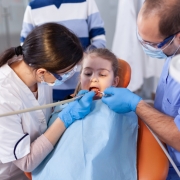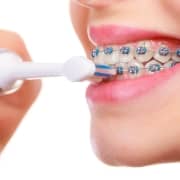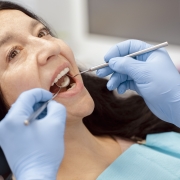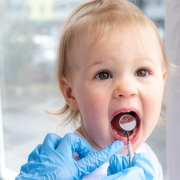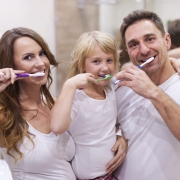Why It’s Essential to Go To a Specialized Pediatric Dentist For Your Child
You have a choice when it comes to your child’s dentist. Many dentists will claim to be family dentists, able to take care of people of all ages. But children have very different and unique needs, which is why you should definitely bring your little tike to a pediatric dentist in Victorville, CA from their first visit all the way up to when they become a full adult. Here’s why.
Specialized Training for Children’s Needs
Pediatric dentists complete two to three additional years of advanced training after dental school. This training focuses on child development, behavior management, and treating dental conditions specific to infants, children, and teens. They also learn how to work with children who have special healthcare needs, tailoring treatment to each child’s physical and emotional comfort.
A Child-Friendly Experience
The pediatric dental environment is designed to reduce anxiety and make visits more enjoyable. From colorful offices and smaller tools to a tone and pace that suit younger patients, everything is tailored for kids. Pediatric dentists also know how to explain procedures in ways children can understand, building trust and confidence early on.
Preventive Focus from the Start
Pediatric dentists place a strong emphasis on prevention. Early visits allow for monitoring of oral development, professional cleanings, and guidance on nutrition, brushing, and habits like thumb-sucking or pacifier use.
A pediatric dentist offers more than dental treatment—they offer specialized care that supports your child’s comfort, development, and confidence. When children have positive early experiences, they’re more likely to maintain good habits and regular visits into adulthood. By choosing a pediatric dentist that offers dental cleanings in Victorville, CAas well as other treatments, you’re not just protecting your child’s teeth—you’re setting them up for a lifetime of healthier, happier dental care.

